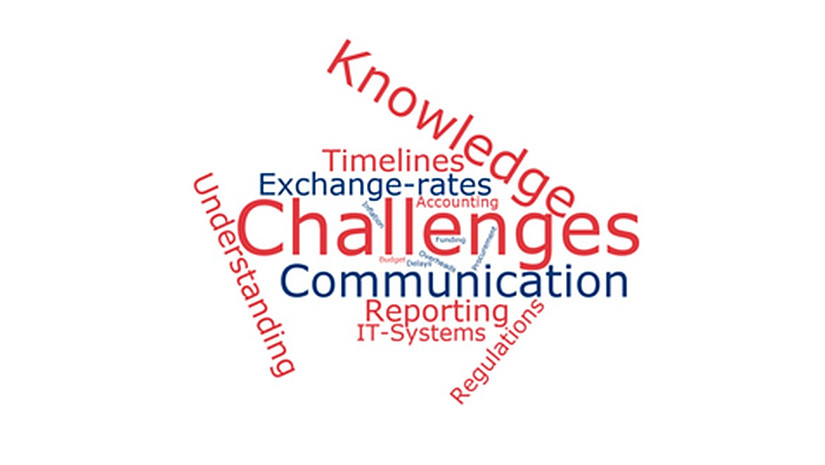EANLAR Phase III (2018-2019)
Background
The EANLAR network supports the DIES project aims of supporting institutional management of higher education, by improving the management of international research projects, ensuring quality in process management, involving internal and external stakeholders, and by developing further training possibilities. The DIES partnership also provides an opportunity to deepen existing networks and contacts between German and foreign partner universities in East Africa.
The scope and depth of the network will allow for all the involved organizations to exchange information and resources to further develop and strengthen the structural management of international project funds within the respective systems. This network thus provides a platform through which FAs from various universities can establish strong relationships that can then evolve into long-term cooperation.
Another aim of the project is to advance the visibility of FAs in the process of third party research funding more visible. Within a university with the major aim of education, training and research partnerships, administration is commonly seen as a necessary evil. To be able to do their work at a high professional level, it is important to include the FAs’ knowledge in the whole process of third-party funding from the beginning, not only at the point when a researcher needs cash to go to the field or in the end when it is time for reporting. The importance of their contribution must be acknowledged and highlighted.
Project's Aims
The overall aim of the EANLAR network is manifold. Rather than implementing entirely new structures for the management of internationally funded projects, EANLAR focuses on enhancing and streamlining the existing management structures at universities in East Africa. The idea is to optimize and professionalize the financial administration of international third-party funded research projects, as well as to aid in the development of insight into the different perspectives of the stakeholders involved: finance administrators (FA), Principal Investigators (PI), but also procurement, human resources and stakeholders outside the universities. Moreover, it is of importance to increase the insights and intercultural understanding of German colleagues regarding the administrative processes in different countries.
Expected Results
- Streamline Administrative Processes
Enhance and consolidate the existing structures at universities in East Africa, - Capacity Building
Expand and deepen the knowledge gathered in the previous EANLAR phases, - Communication within the network
Consolidation of the communication platforms, - Network Growth and Consolidation
Expanding to the remaining East African countries Burundi and South-Sudan, - Credibility, Responsibility and Integrity Promotion
Become trusted partners for international funders and establish communication platforms, - Stakeholder Involvement
Bring together funding experts from a variety of international and national funding institutions, - EU Funding Application
Development of an interdisciplinary, cross-country project, by identifying suitable funding opportunities
Activities
| Activity | Place | Date |
| Good-Practice Visits | EANLAR Chapter | 2018-2019 |
| Network Conference Kassel | ICDD, Germany | IV 2019 |
| FA/PI Workshop | Mbeya, Tansania | II 2019 |
| FA/PI Workshop | Makarere, Uganda | III 2018 |
| Sustainability Conference Nairobi | JKUAT, Kenya | IV 2018 |
| FA/PI Workshop | UNILAK, Rwanda | II 2018 |
There are three workshops planned in Rwanda, Kenya and Tanzania, as well as conferences to which representatives and experts from funding institutions with a focus on Africa will be invited. These representatives and experts will provide key insights into the specific mechanisms which international funding organizations use in order to ensure successful management of third-party funding as well as the introduction of additional sources for funding. The final conference is intended to take place in Germany to bring together the expertise of African and German partners and to enlarge the network. This will also provide German partners with a deeper understanding of the administrative processes and specificities of East Africa.

